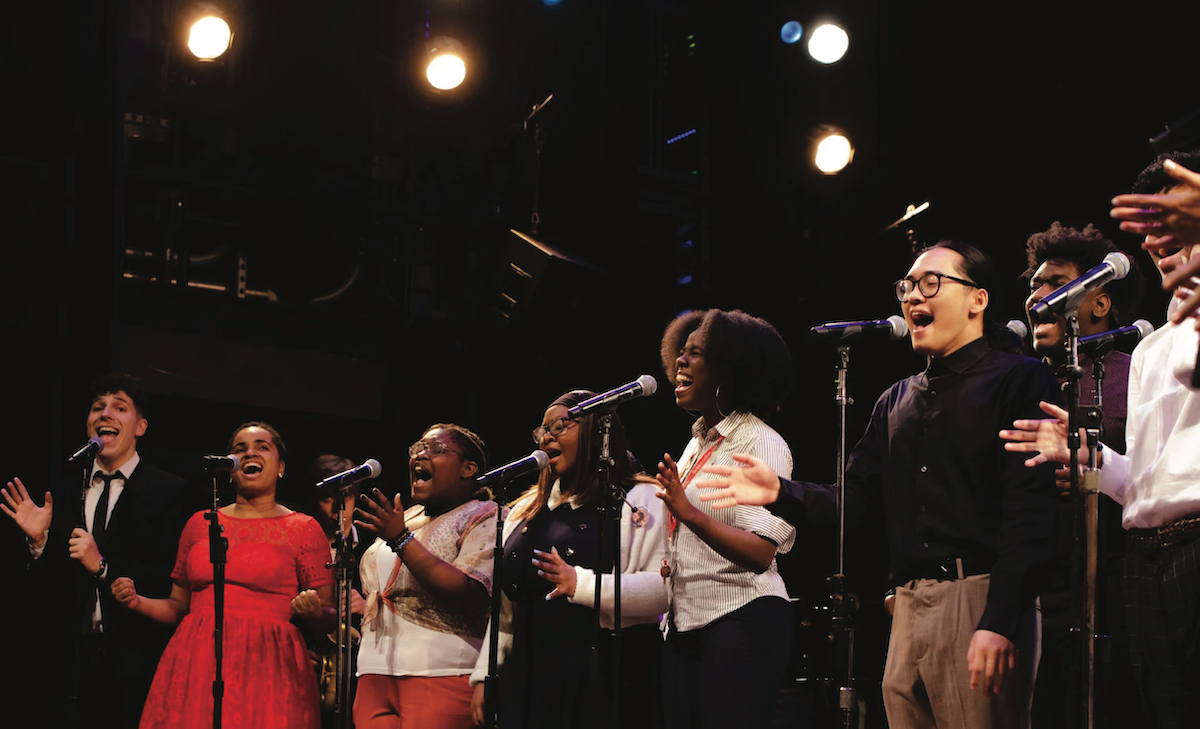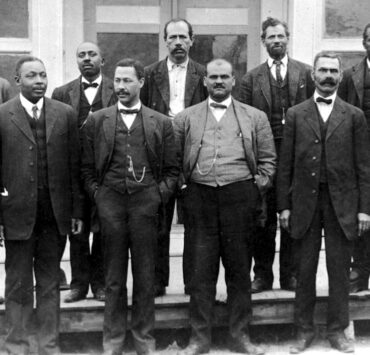Afro-diasporic curricular inclusion within higher education has come only through the strong, courageous, and visionary activism of students. Without current students or former students in their capacity as alumni, the presence of Africana Studies, Black Studies, Afro-American Studies, or African American Studies as academic units on collegiate campuses, especially on primarily white institutions (PWIs), would not exist. Although phenomenal faculty and their noted achievements receive the spotlight, it is the students who remain unacknowledged, often matriculating without ever seeing or experiencing the fruits of their tremendous sacrifices.
The assassination of Dr. Martin Luther King, Jr. in 1968 sparked a revival of momentum in student activism around the inclusion of Black cultural content within institutional curricula around the nation. Although met with confrontation and much ire, students at San Francisco State (1968) and subsequently at Harvard (1968); Cornell (1969); Yale (1969); Princeton (1969); University of California, Los Angeles (1969); Indiana (1970); Michigan (1970); University of Wisconsin, Madison (1970); the University of California, Berkeley (1970); and University of Pennsylvania (1971) were successful. Unfortunately, it took death to stimulate inclusion.
The vicious murder of George Floyd on May 25, 2020, initiated yet another phase in the student movement for Black curricular inclusion. Students, more diverse than ever before, availed their physical presence in the midst of the deadliest pandemic of modern history to demand inclusion. In alignment with the Black Lives Matter movement, undergraduate and graduate students, stimulated by the death of yet another Black citizen, demanded accountability.
These students also demanded change from institutions eager to issue aspirational statements that were often tone deaf and had limited action steps beyond listening tours, town halls, and more activities that, in the end, left many Afro-diasporic and other students of color retraumatized and triggered.
Some progress was made, however. Here at Berklee (Berklee College of Music and Boston Conservatory at Berklee), the Africana Studies Division was created in August 2021 as a direct result of student and alumni activism supported by faculty and staff advocacy. Our Africana Studies Division houses our 16-year-old Africana Studies Center and our newly formed Africana Studies Department. Our goal is to emerge as the preeminent global hub where mastery in performance and academic excellence intersect to reflect the brilliance, resilience, and hope of Black culture.
Berklee has made this new expansion a presidential priority, availing resources for administrative, faculty, and staff lines in order to recruit an exceptional team to aid in the success and thriving of this commitment. Our students will be the greatest beneficiaries of the new curriculum and co-curricular activities that will focus on the global reach and influence of Gospel Music, Hip Hop Culture, Afro-Futurism, and other Black cultural phenomena, that privilege music, theater, and dance as portals of study. Because of our students’ courageous activism and clear demands, it is only right that they should be the greatest beneficiaries.
As a former student who participated in student actions at the University of California, Berkeley in the early 1990s and who is now an academic dean at the world’s largest and most well-known college focused on contemporary, innovative, and improvisatory expression merged with one of the nation’s most prestigious conservatories, it is my goal that we no longer rely on Black death as a catalyst for cultural inclusion and realized experiential belonging. Thank you, students, of yesterday, today, and tomorrow for your courage, vision, and commitment to justice and equity for all within the academic landscape. We are better because you raised your voices and demanded truth with power.
Emmett G. Price III is the inaugural dean of the newly formed Africana Studies Division at Berklee College of Music & Boston Conservatory at Berklee.










